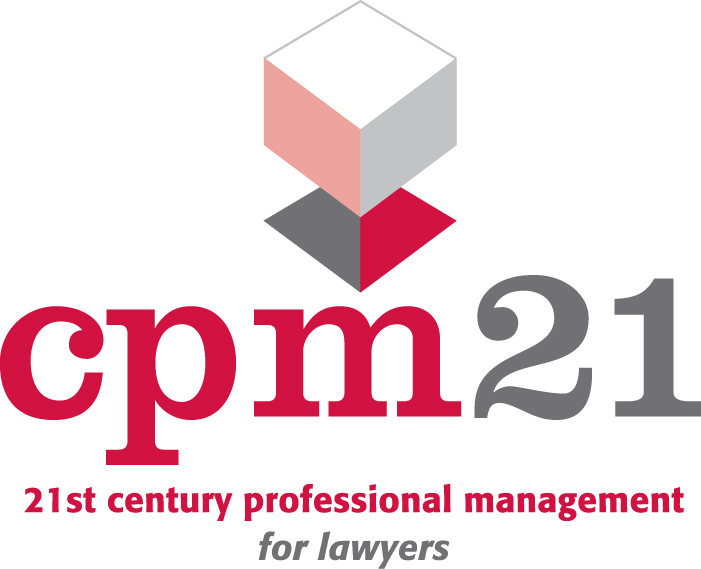Is your wills bank working for your firm?

With the UK economy facing recession, a recent report from Savills estate agents forecasts a 28% drop in residential conveyancing transactions for 2023, thereby threatening the financial well-being of high street law firms.
With this major threat on the horizon, Ian Hopkins Senior Associate Consultant at cpm21 considers what action high street firms can take in response to the anticipated reduction in conveyancing work and associated revenue.
Many high street law firms have a large wills bank, sometimes with many thousands of stored wills which potentially is an excellent pipeline of future work and fees for the firm.
With the likely economic downturn, it’s time high street firms increased activity on their wills bank and encouraged clients to update their wills. Unfortunately, many firms fail to grasp the opportunity and release the potential income stream from their wills bank.
Some law firms store wills themselves for testators, other firms outsource storage to a third-party specialist storage company.
Whichever option you choose it’s important to make sure the wills are kept in a fireproof cabinet from a risk management perspective, and you have an accurate, up to date database of the testators so you are able to keep in touch by writing to them.
As a general rule, write to testators every 5 years asking if they wish to review their will. Also write to the testator if there has been a change in legislation which may impact on the will. Take the opportunity to advise whether an LPA is necessary.
Depending on the size of your firm’s wills bank, a rolling programme of writing to testators should be established at your firm and become standard practice with your private client team.
How many testators you write to each month will depend on your lawyers’ workloads and the resource available to deal with the response and demand.
Record the new matters opened as a result of the marketing activity with source of business codes so you can track where the work has come from and ideally the fees it has generated.
Having an up to date, accurate and well managed wills bank is not only important from a business development perspective, it is also highly relevant when it comes to valuing your law firm for any future sale.
Wills banks can add value when it comes to the disposal of a law firm, but only if you are able to demonstrate that the wills bank has been carefully managed, is up to date and accurate and you have kept in touch with the testators.
Get it right and your wills bank can not only be a steady stream of work for your lawyers and revenue for your firm, but also add value to your firm when it comes to any future sale.
If you would like to discuss any of the themes raised in this article please contact Ian Hopkins, Wayne Williams or Paul Jones of cpm21




